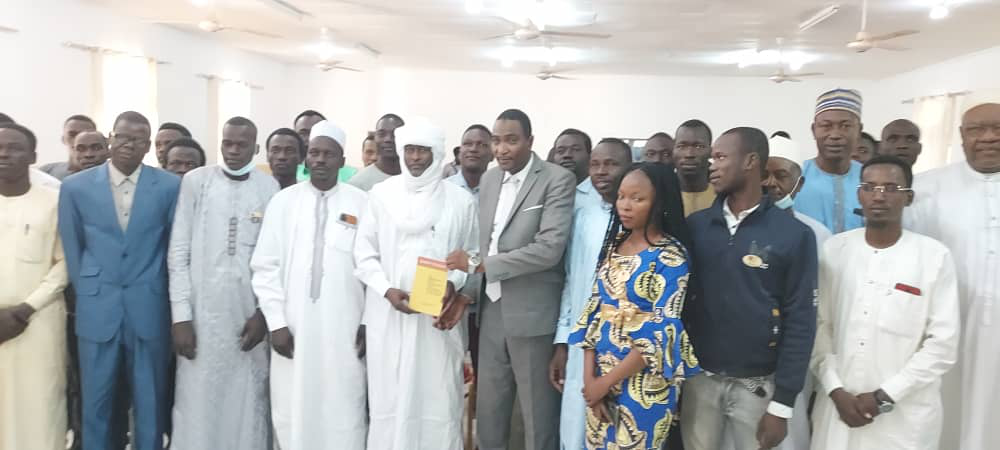
Yaa Bio Picture
Water is an essential resource, yet experts predict that the world could run out of fresh water entirely by 2040 unless immediate and significant changes to water usage are implemented. Human activities have significantly contributed to the rapid depletion and mismanagement of water resources, while climate change exacerbates the situation. Between 2000 and 2022, the number and duration of global droughts increased by 29%, leading to over 2.3 billion people facing water scarcity by 2022.
Africa is disproportionately affected by the climate crisis, experiencing a warming trend that exceeds the global average and accounting for 44% of global extreme weather events in the past century. Already, one in three people in Africa is affected by water shortages, with climate change set to exacerbate the challenge of water availability, impacting the food and energy security of the continent’s growing population. The financial costs of climate-induced loss and damage in Africa are projected to reach at least USD 290 billion in a 2°C warming scenario.
 Figure 1 - Graphs highlighting the impact of climate change-induced natural disasters
Figure 1 - Graphs highlighting the impact of climate change-induced natural disasters
In water-scarce countries like South Africa, the availability of untreated water is expected to worsen due to economic and population growth coupled with deteriorating infrastructure. For instance, Cape Town experienced a one-in-400-year drought that nearly led to 'Day Zero' and cities like Durban have faced severe outcomes due to frequent and extreme weather events such as droughts and floods.
Africa is disproportionately affected by the climate crisis, experiencing a warming trend that exceeds the global average and accounting for 44% of global extreme weather events in the past century. Already, one in three people in Africa is affected by water shortages, with climate change set to exacerbate the challenge of water availability, impacting the food and energy security of the continent’s growing population. The financial costs of climate-induced loss and damage in Africa are projected to reach at least USD 290 billion in a 2°C warming scenario.
In water-scarce countries like South Africa, the availability of untreated water is expected to worsen due to economic and population growth coupled with deteriorating infrastructure. For instance, Cape Town experienced a one-in-400-year drought that nearly led to 'Day Zero' and cities like Durban have faced severe outcomes due to frequent and extreme weather events such as droughts and floods.
Recently, Johannesburg has borne the brunt of this crisis. While typically low rainfall has played a role, collapsing infrastructure and poor resource management have also contributed to water storage levels plummeting below 30%, leaving millions without access to water for weeks. To address this, Rand Water has initiated extensive maintenance on its bulk water infrastructure from June 22 to July 29, 2024. This maintenance aims to improve the reliability and efficiency of Rand Water's infrastructure, affecting Johannesburg Water’s systems supplied by the Palmiet and Eikenhof pump stations and the Daleside booster station, with some areas experiencing water outages and reliance on water tankers. However, these efforts are expected to enhance long-term pump infrastructure reliability, reduce downtime, and ensure a continuous and reliable supply by Johannesburg Water's systems.
Johannesburg's challenges are indicative of the broader issues that many cities could face if infrastructure remains unmaintained. Currently, an estimated 30% to 50% of all distributed water is lost through pipeline leaks, worsening the water crisis, with only 2% of national water resources remaining for lawful use. As new roads and water pipes are installed, it is crucial to consider a dual-pipe system: one for potable water and another for non-potable water for uses such as gardening. This approach aims to develop a dual-stream reticulation economy, providing water of different qualities at different prices for various purposes.
Source: Investec, Daily Maverick, Mail & Guardian, The Citizen
Author, Frost & Sullivan Africa


